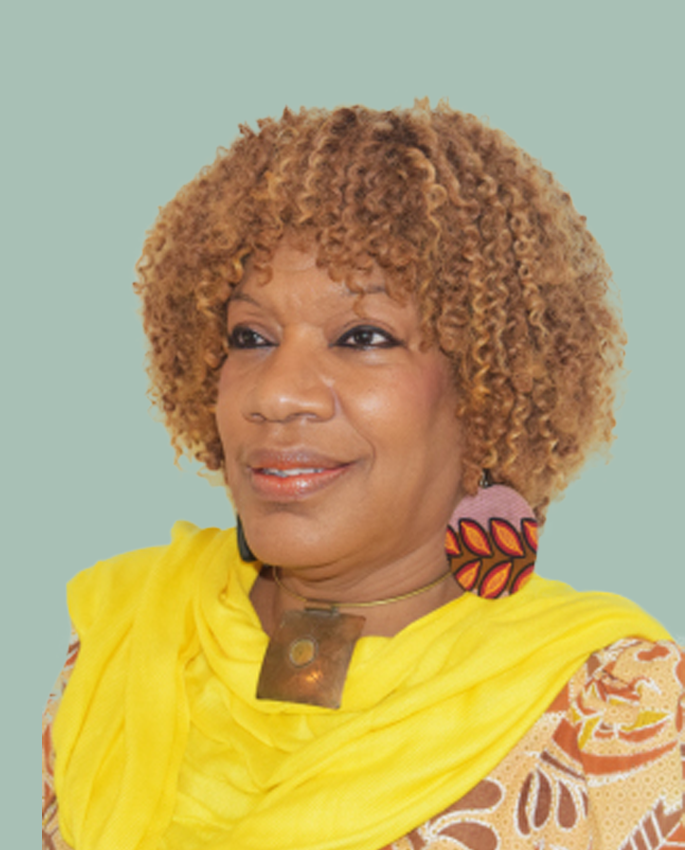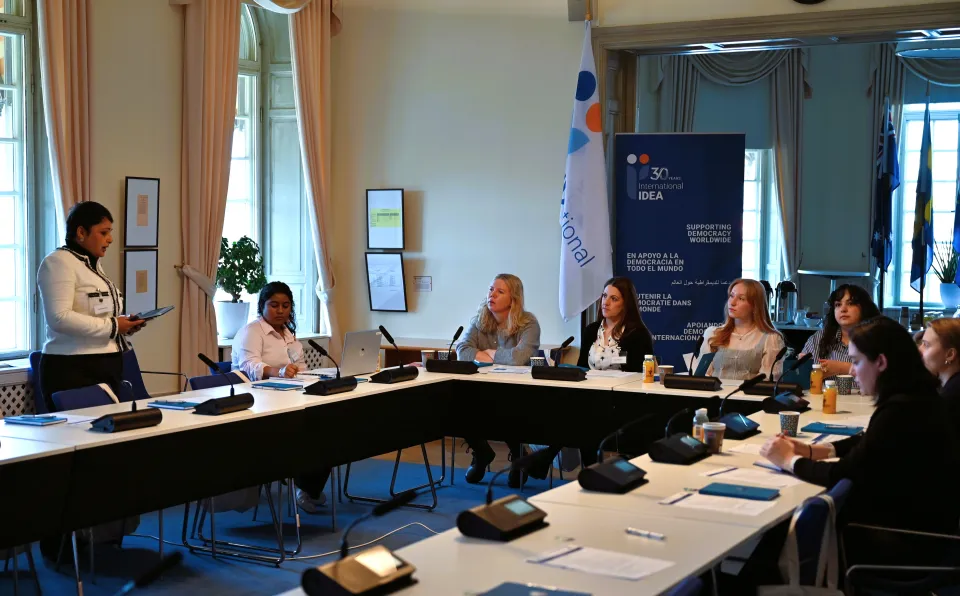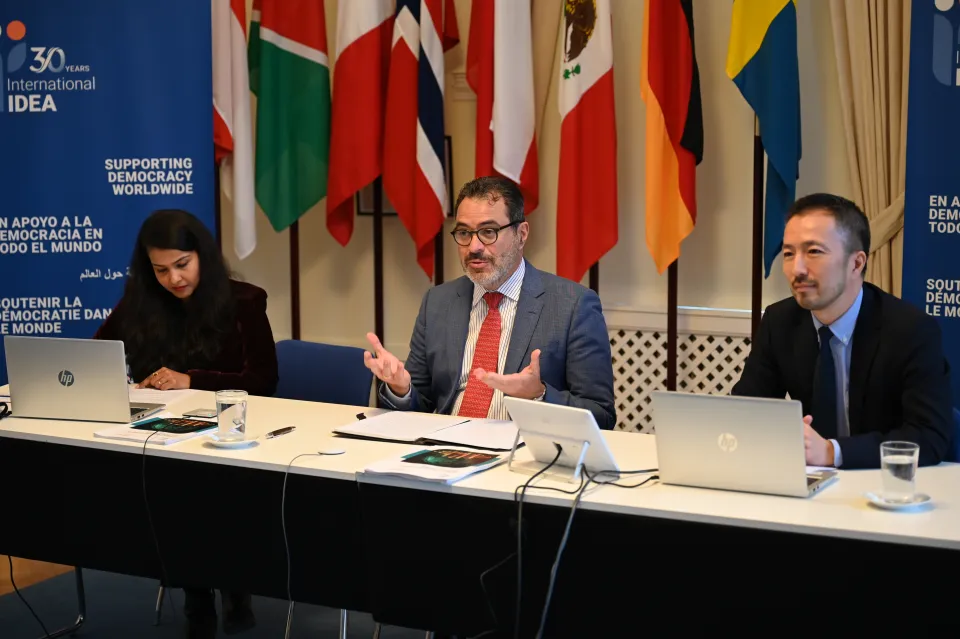Haiti’s newly-elected parliamentarians sworn in
Despite a contested electoral process, the 92 deputies and 14 senators elected in October last year were sworn in on 10 January. While taking office was initially scheduled on 11 January, as prescribed by the Haitian Constitution, President Michel Martelly decided to move the opening of parliament one day earlier than announced to avoid demonstrations that could lead to violence.
On Monday, the Chamber of Deputies met and elected its board. The re-elected Deputy Cholzer Chancy was elected President of the Lower Chamber. He will serve a one year term. The senate will also elect its board shortly.
A week after the announcement that the presidential run-off election is set for 24 January, the Provisional Electoral Council (CEP) has launched its operations in order to guarantee a technically smooth election day. However, candidate Jude Célestin reiterated previous statements that he will not participate in the election until the CEP applies all the recommendations that the National Electoral Evaluation Commission made earlier this month, which includes dissolving the CEP. Célestin’s main opponent, candidate Jovenel Moïse of the Haitian Tèt Kale Party (PHTK) continues to campaign.
International IDEA, along with the administrative bureau of parliament, is preparing an induction retreat for the newly sworn-in deputies in January, in order to introduce and define the roles and functions of an elected member of parliament. Each deputy and senator will also receive a copy of International IDEA’s study on the relationships between political parties and parliamentarians in Haiti, a tool that can be used to strengthen the ties between parties and their representatives.
On Tuesday 12 January, Haiti also commemorated the 6th anniversary of the devastating earthquake that caused around 230,000 deaths and displaced more than 1.5 million people. The government declared that date a “day of mourning and reflection”, and laid a wreath in St Christophe, the memorial where most of the victims were buried. 59,000 displaced persons are still waiting to be relocated.




